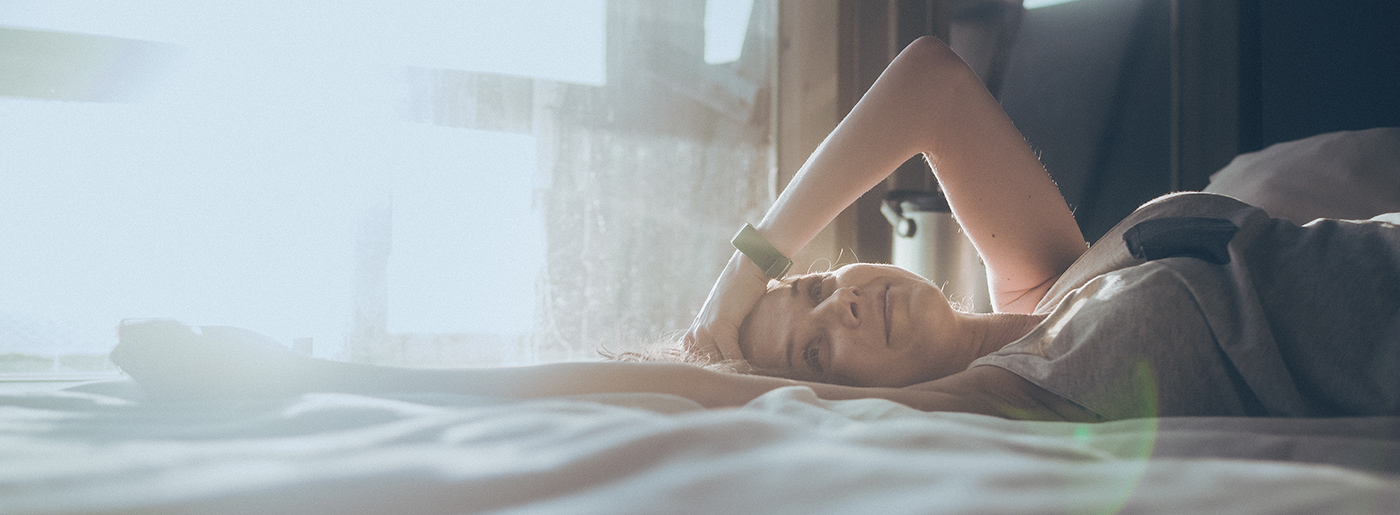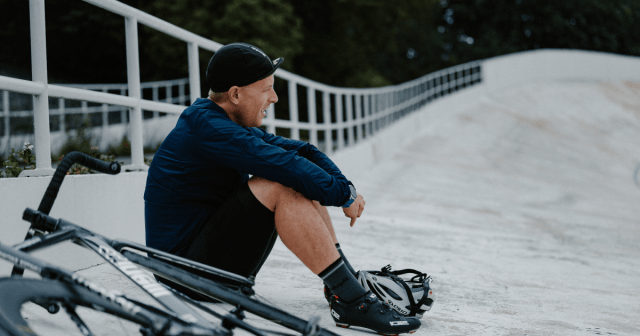“If I just get this one more thing done, I’ll be less stressed,” we think to ourselves. We all seem to spend so much time ‘switched on’, in that fight or flight response, trying to manage tons of to-dos and hoping for more hours in the day.
But more often than not, the key to stress relief isn’t doing more and checking all the to-dos on your list, but learning to slow down and unwind to regain your energy and motivation.
Elevated levels of stress in our body, whether it be from financial, work, relationships or exercise, can increase the cortisol or stress hormones in the body. These can be detrimental to both our physical and mental health. Yet, we often underrate or overlook the importance of ‘unwinding’ and prioritizing ourselves.
Exercising is usually an efficient way to reduce stress, but if your mind and body are already in overdrive, pushing yourself to the limit with the taste of blood in your mouth won’t do the trick. That doesn’t mean you should stop exercising completely – it only means that you need to opt for exercise that relieves stress, not high-intensity sessions that burden your body even more.
How does exercise affect stress?
How we move and fuel bodies heavily influences the quality of our sleep and overall health and happiness. All this can either add or reduce stress. I refer to my ‘Balance Cycle’ that consists of the strong relationship between movement, mood, nutrition and sleep. The cycle can go two ways:
1. Downward spiral = No sleep, no energy, no exercise
When you’re tired, you struggle with feelings of lethargy and a decreased mental state. Due to being tired, you don’t have the energy to exercise and you’re more inclined to make bad food choices: think afternoon slump and reaching for the sugar or riding the caffeine train.
Poor food choices and lack of physical activity then affect your quality of sleep and the cycle continues.
2. Upward spiral = Sleep, eat, exercise, repeat
Being physically active improves both the quality of your sleep and if you feel rested and energetic, you’re more likely in a better mood and have the will and energy to pay attention to what you eat and plan your workouts. That’s the positive cycle: Exercising leads to better sleep, which leads to better mood and eating right, and all this translates into energy to exercise more.
It has been shown that those that are physically active are more likely to make food choices that support their training and health. Sound nutrition positively impacts both our mood and supports improved quality of sleep and you wake up the next day for the positive cycle to continue.
How to find balance and relieve stress?
No matter how hard you look, you won’t find that balance anywhere – but you can create it.
On a regular basis, take out a piece of paper and assess where you would rate each of these four elements on a scale of 1–10, where
- 10 = amazing, you would not change a thing
- 1 = the lowest rating, you need some serious help
Generally one or two elements will rate lower than the others. The lowest rating elements are the ones that you need to readjust to help you feel more balanced. To find the elements you need to focus on, it’s necessary to take time to unwind and self-reflect, reset and assess what is lacking or dominating. Be it work taking over spending time with your family, or fatigue and low activity levels t because you’re not getting enough good quality sleep.
Whenever you feel that something is lacking or dominating, experience heightened levels of stress, anxiety or fatigue starts creeping in – it’s time to unwind! Find time to unwind at least once every week for optimal health, if you can do it every day even better!
How to relieve stress with exercise?
Here are some of the ways that can help you use exercise for stress relief:
1. Move in a way that you enjoy
The key is to find a way to move in a way that you enjoy – that’s when exercising works to relieve stress, not add to it.
2. Get outside and back to nature
For me, the best way to unwind is to get moving outdoors. Mother Nature and fresh air are immediate energy lifters. Whether you live on the coast or near a park, try to exercise outside as much as you can. Studies have shown that those that spend time in green areas or outdoors have decreased levels of stress are happier and healthier than those that spend more time indoors.
3. Make it a social event
Make exercising a family affair or head out for a walk with a friend that is always positive and supportive of you. Connecting with others is a great way to reset and reconnect.
4. Boost the STress-Relieving effects of exercise
Fuel your body with nutritious foods:
- Eating well promotes improved sleep and energy levels, supports healthy hormones, enhances mood and mental state and is beneficial for your overall health and wellbeing.
Practice positive thinking:
- What we think is what we become and we manifest the things we want by believing in their existence. Try using ‘I am’, ‘I can’, ‘I will’. Look for the positive in every less favourable situation and learn to love yourself.
You’re the best judge of what’s the best exercise for you to unwind, but whatever it is, make sure you prioritize exercise as stress relief and ‘you time’ on a regular basis!
If you liked this post, don’t forget to share so that others can find it, too.
Or give it a thumbs up!
I like this article
Please note that the information provided in the Polar Blog articles cannot replace individual advice from health professionals. Please consult your physician before starting a new fitness program.






